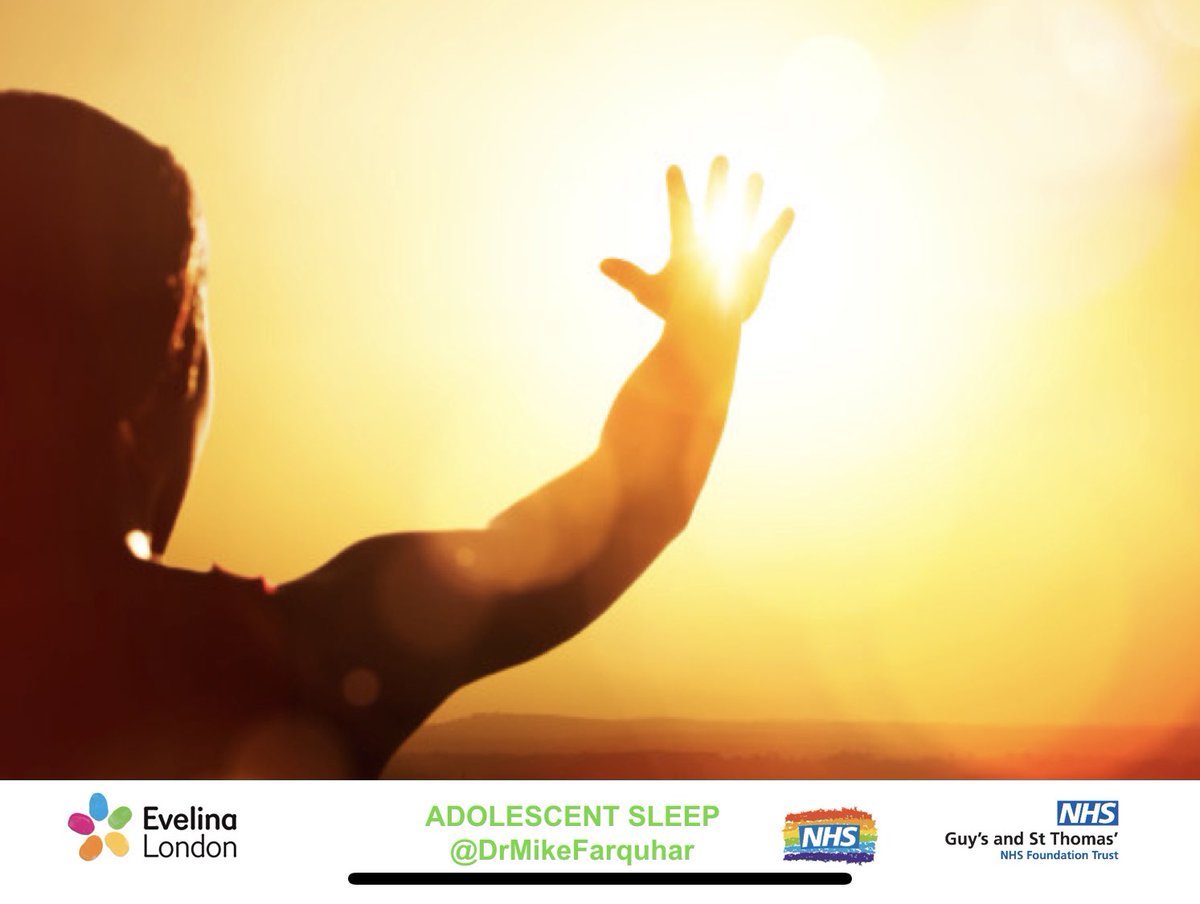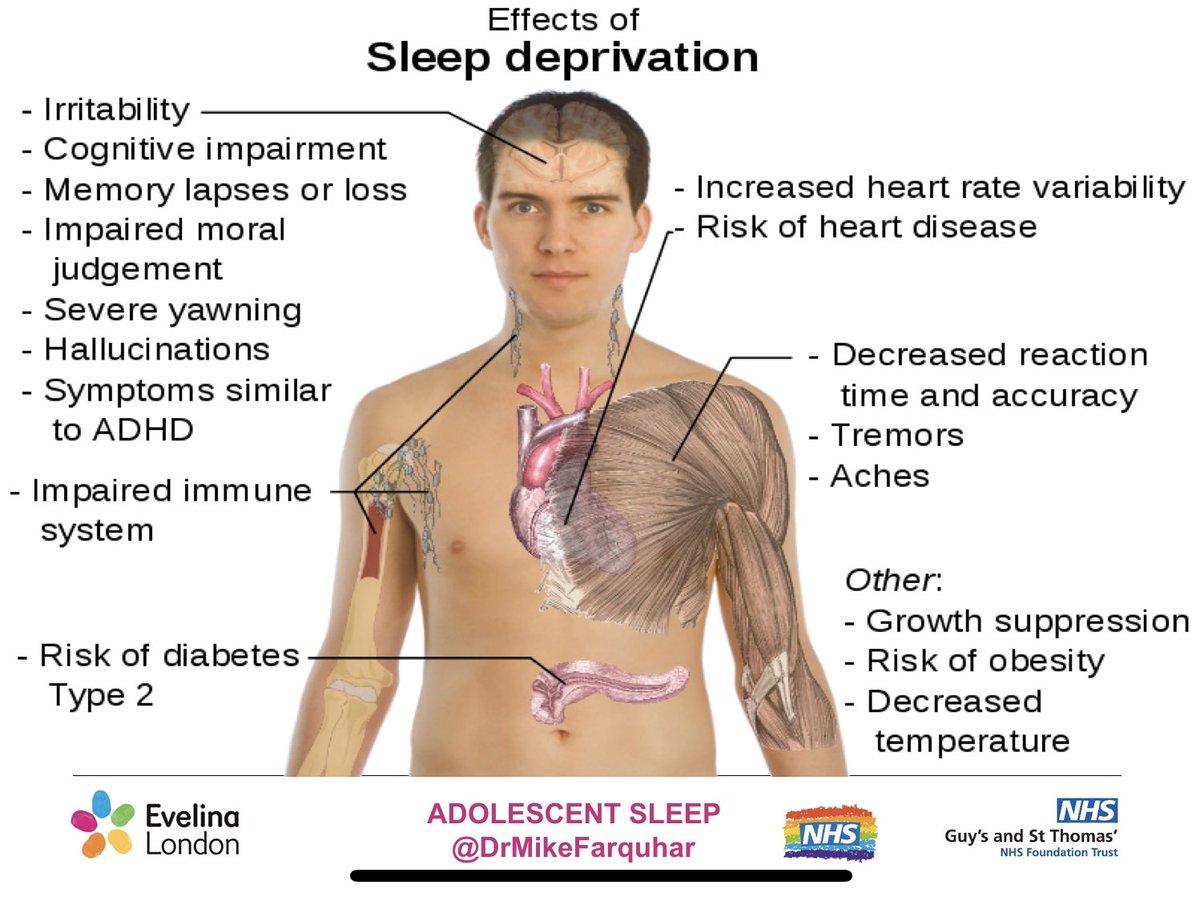@netflix’s CEO was asked last year who his biggest competitor was.
To the interviewer’s surprise, he said “sleep”

It’s all to do with light. Light is the main cue that helps keep your body clock in sync with the world.
When you travel, your body clock resets over a few days with the new pattern of light/dark exposure.

nhs.uk/live-well/slee…






































